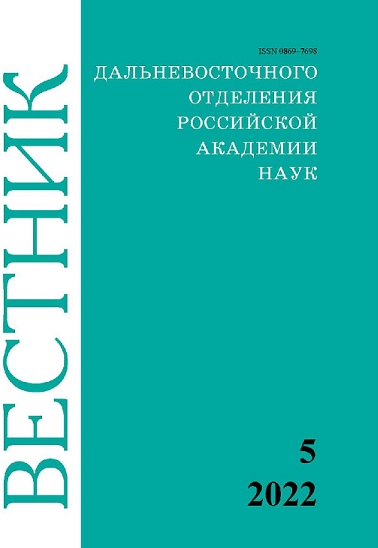Biotechnologies for the development of virus-resistant plants
Keywords:
plants, RNA interference, double-stranded RNA, artificial microRNA, resistance to viruses, transformation, double-stranded RNA external treatmentAbstract
Cultivated plants all over the world are exposed to harmful effects from viral diseases, which annually causes significant economic damage to agriculture. RNA interference is one of the natural mechanisms of controlling viral infections by plants. In this review, examples of bio- technologies application for RNA interference induction that can be applied in the creation of agriculturally valuable plants that are resistant to various viral diseases are discussed.
Downloads
Published
2022-10-27
How to Cite
Nityagovsky Н. Н., Tyunin А. П. ., & Sanina Н. М. (2022). Biotechnologies for the development of virus-resistant plants. Vestnik of the Far East Branch of the Russian Academy of Sciences, (5), 5–16. Retrieved from http://vestnikdvo.ru/index.php/vestnikdvo/article/view/993
Issue
Section
60-th anniversary to the Federal Scientific Center of the East Asia Terrestrial Biodiversity, FEB RAS (successor of the Institute of Biology and Soil Science)


